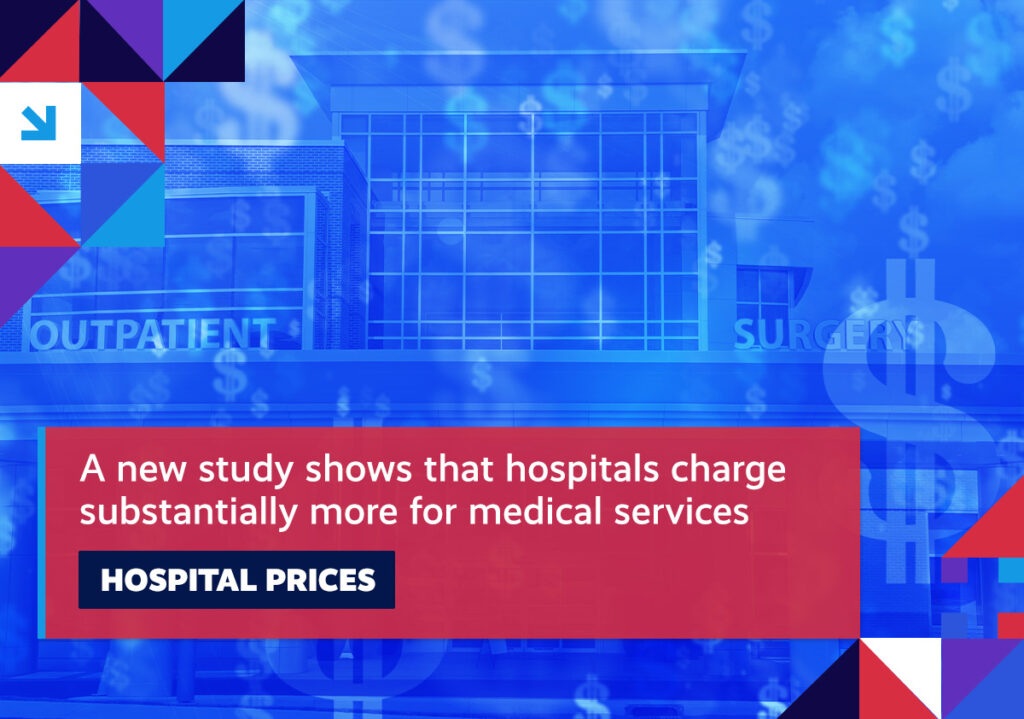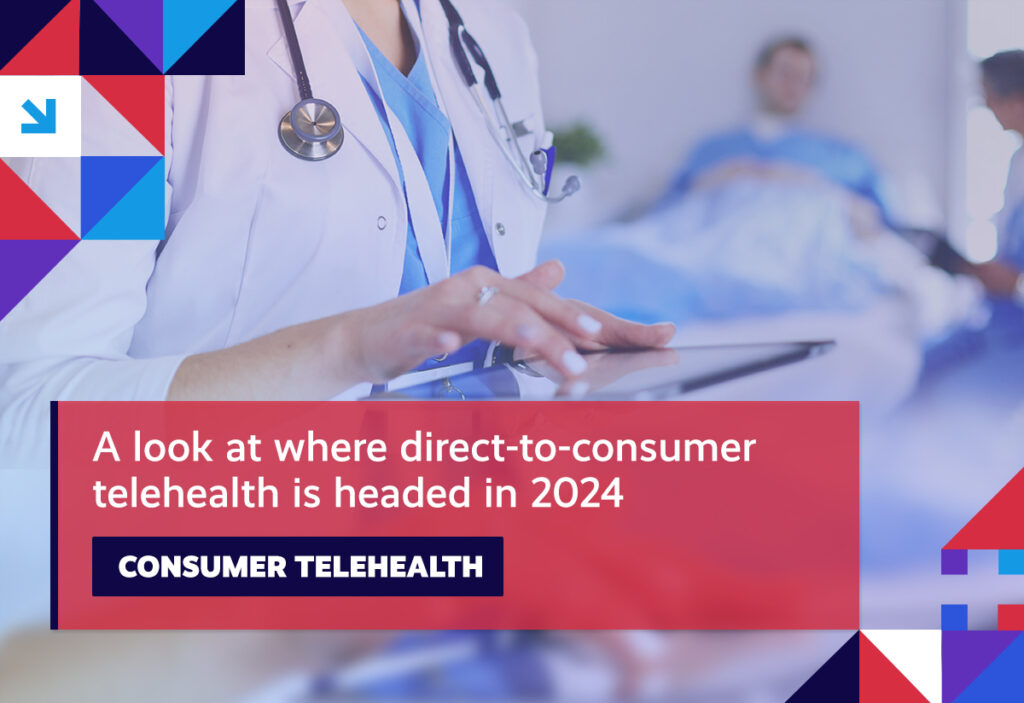A quick roundup of the issues driving the healthcare reform conversation.

Week in Review
MEDICAL ERRORS Private equity ownership of hospitals leads to worse care.
Quick takeaway: A new study shows that serious medical errors increase at hospitals after they’re acquired by private equity firms.
Digging deeper: According to data published by Harvard researchers in the Journal of the American Medical Association (JAMA), patients receiving care at private equity-owned hospitals experience more falls and infections.
The analysis builds on previous research asserting that patients of private equity-owned healthcare facilities not only pay higher costs, but experience reduced staffing levels, and, in the case of nursing homes, have higher death rates.
What it means: Private equity interests have drawn heightened scrutiny for their role in our rapidly evolving healthcare system, especially as their reach has spread.
Rx PRICE HIKES Hundreds of drug prices set to go up.
Quick takeaway: Drugmakers are about to raise prices on over 500 drugs this month.
Digging deeper: As they’ve done every year, pharmaceutical manufacturers are poised to raise prices on hundreds of drugs to ring in the New Year. Last January, drugmakers increased the prices of 587 brand name drugs by an average of 5.5 percent.
What it means: While the industry points to the price hikes as necessary to keep up with inflation, the arbitrary nature of the drugs selected for price increases only adds to the growing frustration over Big Pharma being up to its old tricks.
MEDICARE ADVANTAGE Medicare Advantage plans outperform traditional Medicare.
Quick takeaway: Beneficiaries enrolled in Medicare Advantage (MA) plans receive higher-quality care than those in traditional Fee-for-Service (FFS) Medicare.
Digging deeper: According to a recently released study, across nearly a dozen health effectiveness measures focused on preventive and chronic disease care, the MA program outperformed FFS.
What it means: Given the critical importance of preventive care in promoting long-term wellness, the study adds to the growing body of evidence establishing how comprehensively MA continues to distinguish itself from FFS when it comes to outcomes, access, and costs.
MEDICAID Rx Spending on prescription drugs in Medicaid is going up.
Quick takeaway: Despite lower utilization, Medicaid drug spending has increased, driven by rising prices.
Digging deeper: Even though enrollment in the Medicaid program reached historic levels in recent years, prescription drug utilization remained below 2017 levels through 2022.
However, over that same period, Medicaid spending on drugs increased from nearly $30 billion in 2017 to almost $44 billion in 2022, an increase of 47 percent.
What it means: A separate study points to the difference between Medicaid managed care organizations (MCOs), which are incentivized to use generic or lower-priced drugs, versus Fee-for-Service (FFS) Medicaid.
Another analysis, recently featured here, reinforces the value that MCOs bring to Medicaid enrollees, who experience better health outcomes compared to those enrolled in FFS.
Spotlight

| You can keep up with the latest by following the Health Action Network on X and by liking us on Facebook. And, be sure to check us out on LinkedIn, too. As always, let us know if there’s something you’d like to see covered in a future newsletter. |
The Health Action Network includes everyday Americans—families, workers, businesses, patients, providers, neighbors, and friends. We are working together because we support market-based solutions that offer better healthcare choices and help build a stronger economy. The Health Action Network is an Elevance Health, Inc., initiative.
